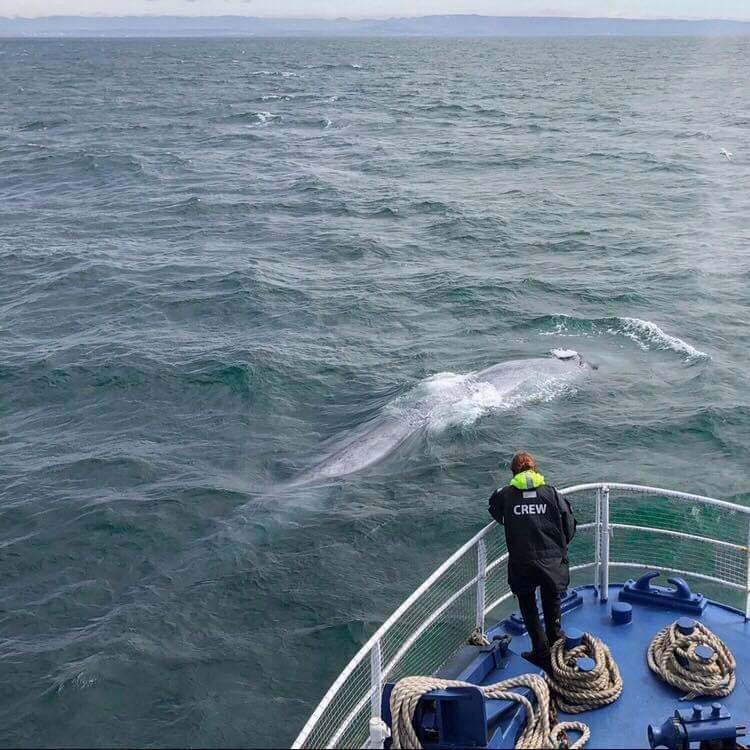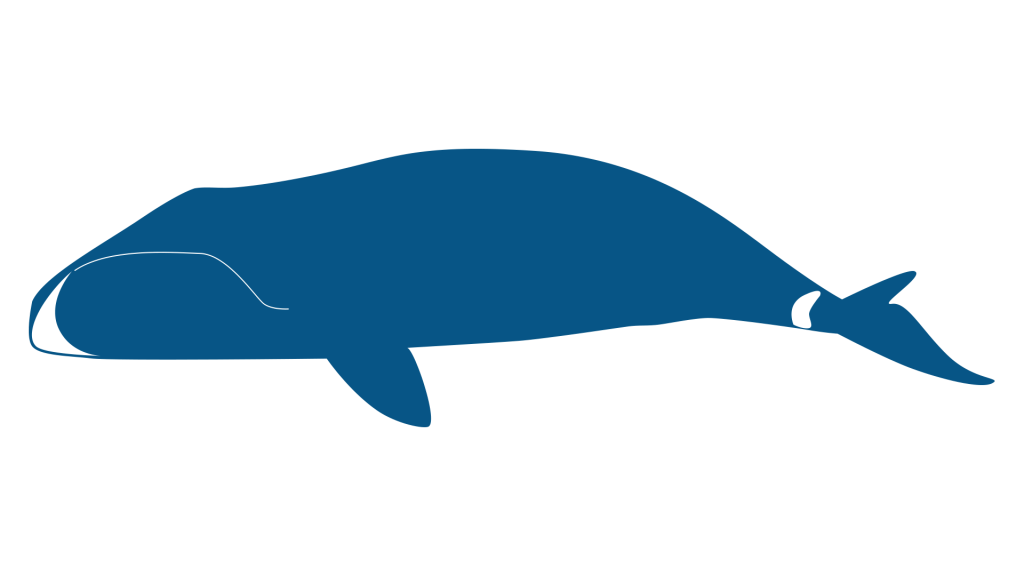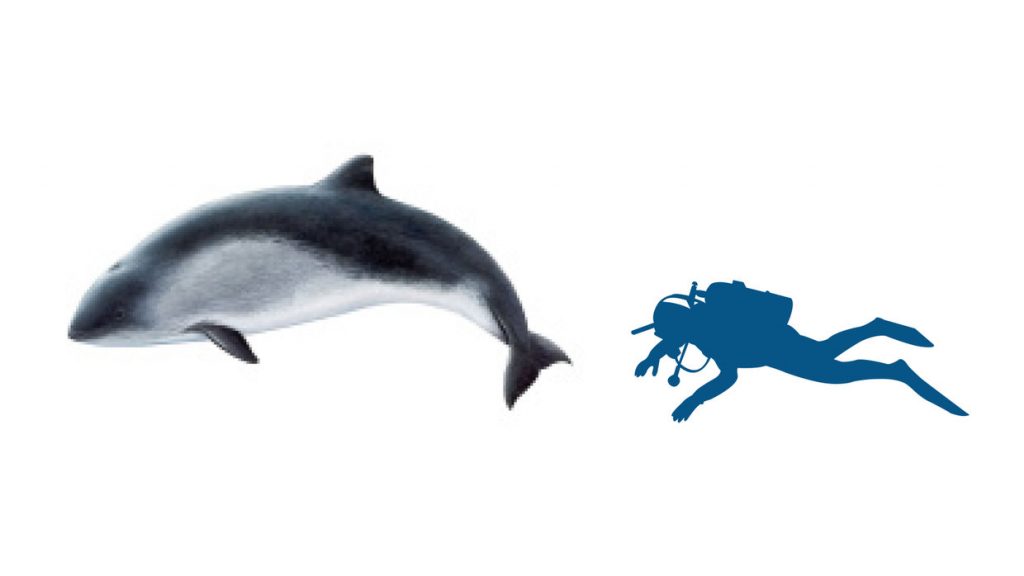How large can whales grow?
Whales are among the biggest animals which have ever existed on earth. The largest animal which inhabits our planet is the Blue Whale which has been measured to grow up to 33 m (110 ft). Newborn Blue Whales have been recorded to be around 7 m (23 ft) in size. Blue Whales are more frequently sighted in the North of Iceland but in Summer 2019 we encountered a blue whale mother and her calf in the Faxafloi Bay in one of our whale watching tours from Reykjavik, which was truly exceptional and is a once in a lifetime experience for most people!

Blue Whale
A Blue Whale was seen on a tour with Special Tours summer 2019
How Large is the Fin Whale?
The second largest whale is the Fin Whale, which can grow up to 26 m (85 ft) long. It can also be sighted around Iceland and has been encountered on our whale watching tours from Reykjavik in the Faxfloi Bay, even though it usually stays further off the coast in deeper waters.
How Large is the Sei Whale?
The Sei Whale is a baleen whale as well and has been reported to grow up to 20 m (60ft), it is definitely the third largest baleen whale. Sei whales are also found around Iceland and very occasionally have come into the Faxafloi Bay!

Sei Whale
“Sei Whale the third largest whale can grow up to 20 m or 60 ft. “
How Large is the Right Whale?
The Right Whale is a baleen whale of similar size; it has been reported to grow up to 20 m (60ft) as well. This whale has got its name because it was the “right whale” to hunt as it is moving slowly and has a lot of blubber (fat) in its body which was very valuable for the hunters. Unfortunately, this caused the species to be functionally extinct in the North Atlantic which means there are not enough individuals left to maintain its population and they will disappear. In summer 2018 a Right Whale ventured into the Faxafloi Bay, which hadn’t happened in 12 years!

A Right whale
The Right whale can grow up to 20 m or 60ft and was last seen on a whale watching tour from Reykjavik in the summer of 2018
All those large whale species which we mentioned so far are baleen whales which means they have baleen plates instead of teeth in their mouth and feed on very small fishes and krill (small shrimps). Check out our blog on How do Minke Whales and Humpback Whales feed for more on this topic.
How Large is the Sperm Whale?
What makes However, some sources claim a toothed whale to be the third largest whale species, the Sperm Whale. Sperm Whales have been found to grow up to 20 m (60 ft). They are special because they dive very deep for their prey which consists of giant deep sea squids. Sperm whales are the record holders in diving: They have been recorded to dive down to 3000 m (10.000ft) deep and hold their breath for 90 minutes. Sperm Whales are commonly sighted in the deep waters around the western part of Iceland.
What is the smallest Whale Species?
The smallest whales are found in a group of cetaceans which we call porpoises. We regularly spot one of those species in our whale watching tours from Reykjavik, the Harbour Porpoise! Their maximum size is 1.5 m (5 ft) only and they are the smallest whales which exist in the Atlantic Ocean and one of the two smallest species of Cetaceans worldwide.

Harbour porpoise
“A Harbour porpoise is only about 1.5 m (5 ft) long and is one of the smallest species of Cetaceans in the world”
Blog by
Dr. Annemarie Kramer (guide)








